

 Sflow
Sflow





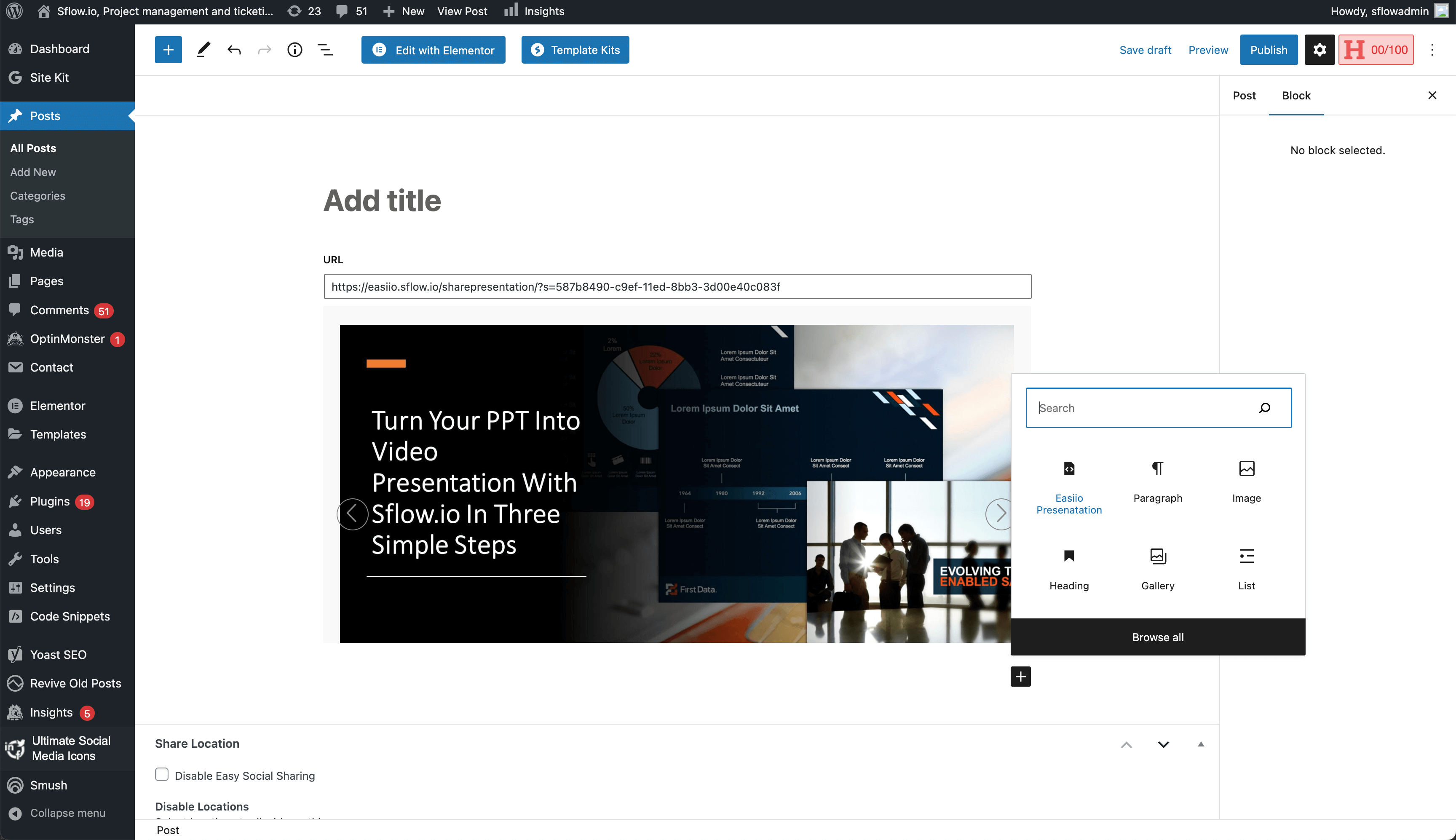
WordPress Plugin
The sFlow Video Presentation WordPress Plugin lets you embed video presentations effortlessly on your WordPress website or blog, without worrying about compatibility issues.You can do a search on WordPress Plugin. It's easy to use and integrates smoothly with WordPress, making it perfect for business owners, educators, or anyone who wants to add engaging video content to their website.
 Sflow
Sflow








WordPress Plugin
The sFlow Video Presentation WordPress Plugin lets you embed video presentations effortlessly on your WordPress website or blog, without worrying about compatibility issues.You can do a search on WordPress Plugin. It's easy to use and integrates smoothly with WordPress, making it perfect for business owners, educators, or anyone who wants to add engaging video content to their website.


The critical path in project management refers to the sequence of tasks that determine the minimum amount of time required to complete a project. It is essential for project managers to identify the critical path as it helps in scheduling and resource allocation to ensure timely completion of the project. Tasks on the critical path have zero slack or float, meaning any delay in these tasks will directly impact the overall project timeline. By focusing on the critical path, project managers can effectively prioritize tasks and allocate resources to meet project deadlines. In summary, the critical path is a vital tool in project management that helps in identifying the most important tasks and ensuring the successful completion of a project within the specified timeframe.
Understanding what the critical path is in project management is essential for ensuring successful project completion. The critical path represents the sequence of tasks that determines the shortest possible duration for completing a project. By identifying the critical path, project managers can focus their efforts on managing and monitoring the tasks that have the most significant impact on the project timeline. This helps in prioritizing resources, identifying potential delays, and making informed decisions to keep the project on track. In essence, knowing the critical path allows project managers to effectively plan, execute, and control project activities to achieve timely delivery and meet project objectives.


The critical path in project management is a vital concept that helps project managers identify the sequence of tasks that determine the minimum amount of time required to complete a project. By understanding the critical path, project managers can effectively allocate resources, set realistic deadlines, and prioritize tasks to ensure the project stays on track. Some common use cases of the critical path method include identifying bottlenecks in the project timeline, determining which tasks are most crucial for project success, and managing dependencies between tasks. Overall, the critical path provides a roadmap for project managers to streamline workflows, optimize resource allocation, and ultimately deliver projects on time and within budget.

Leverage the power of agile methodologies and AI tools to enhance team collaboration and project success.

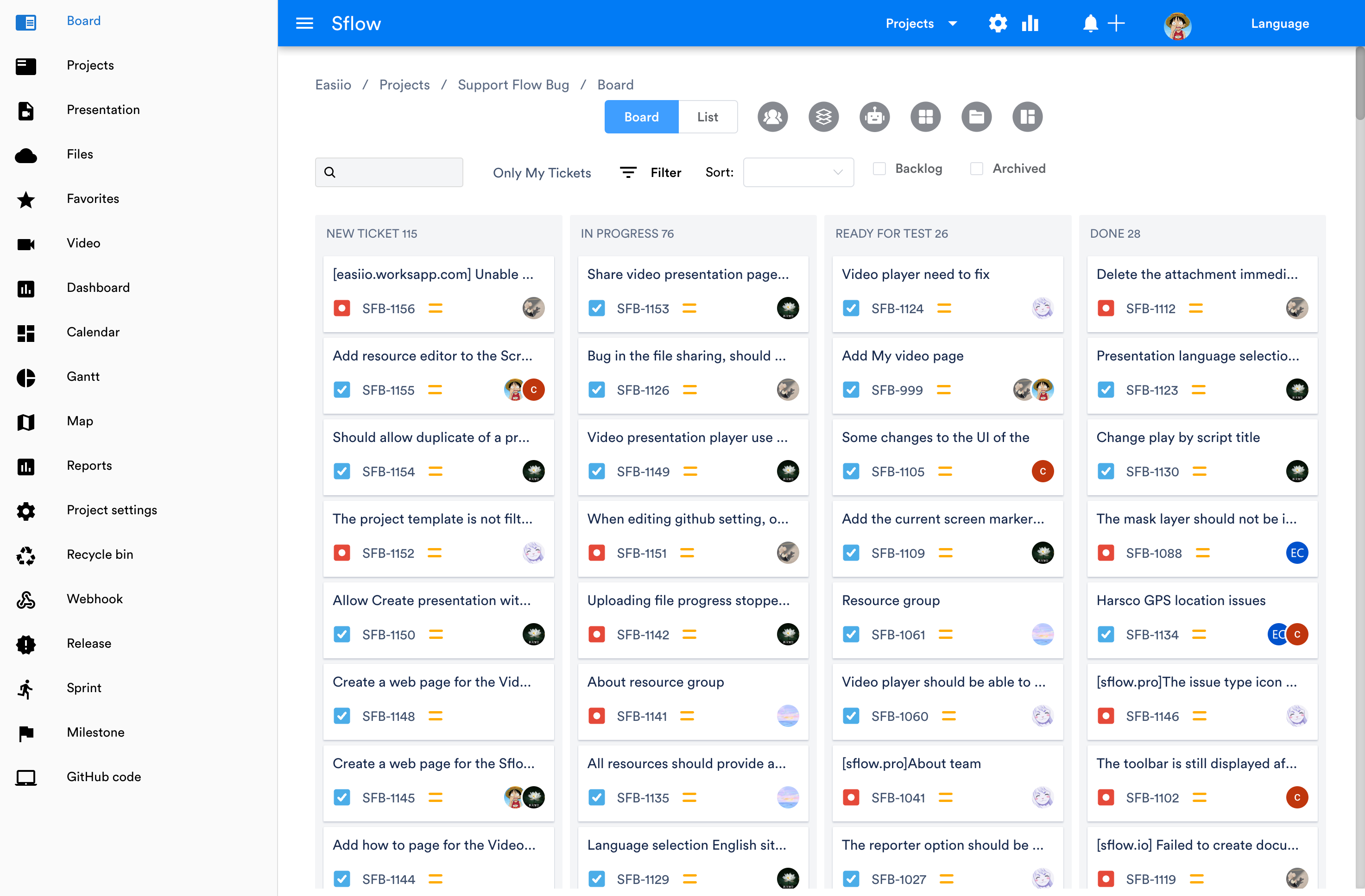

01. Kanban view
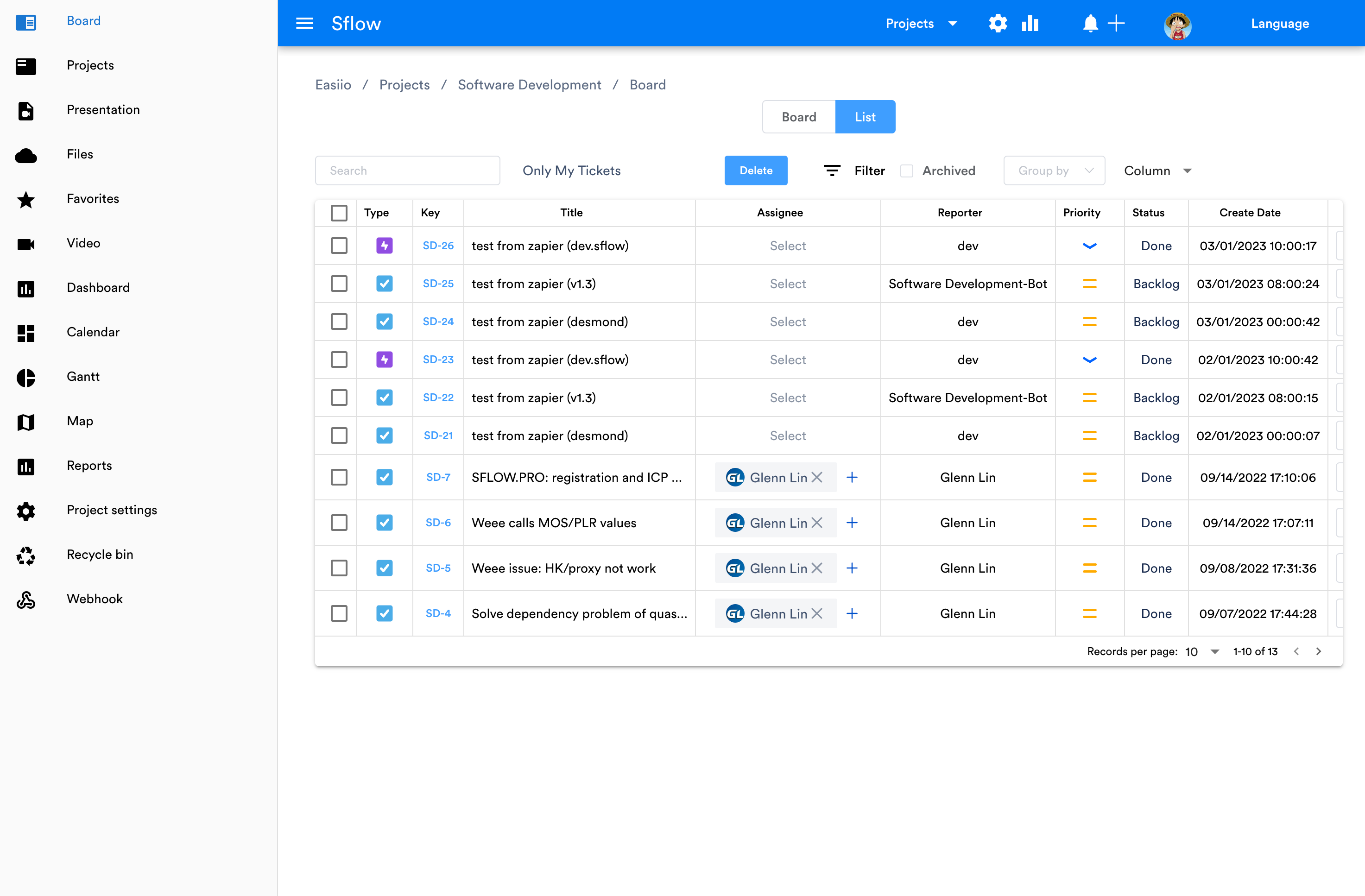
02. List view
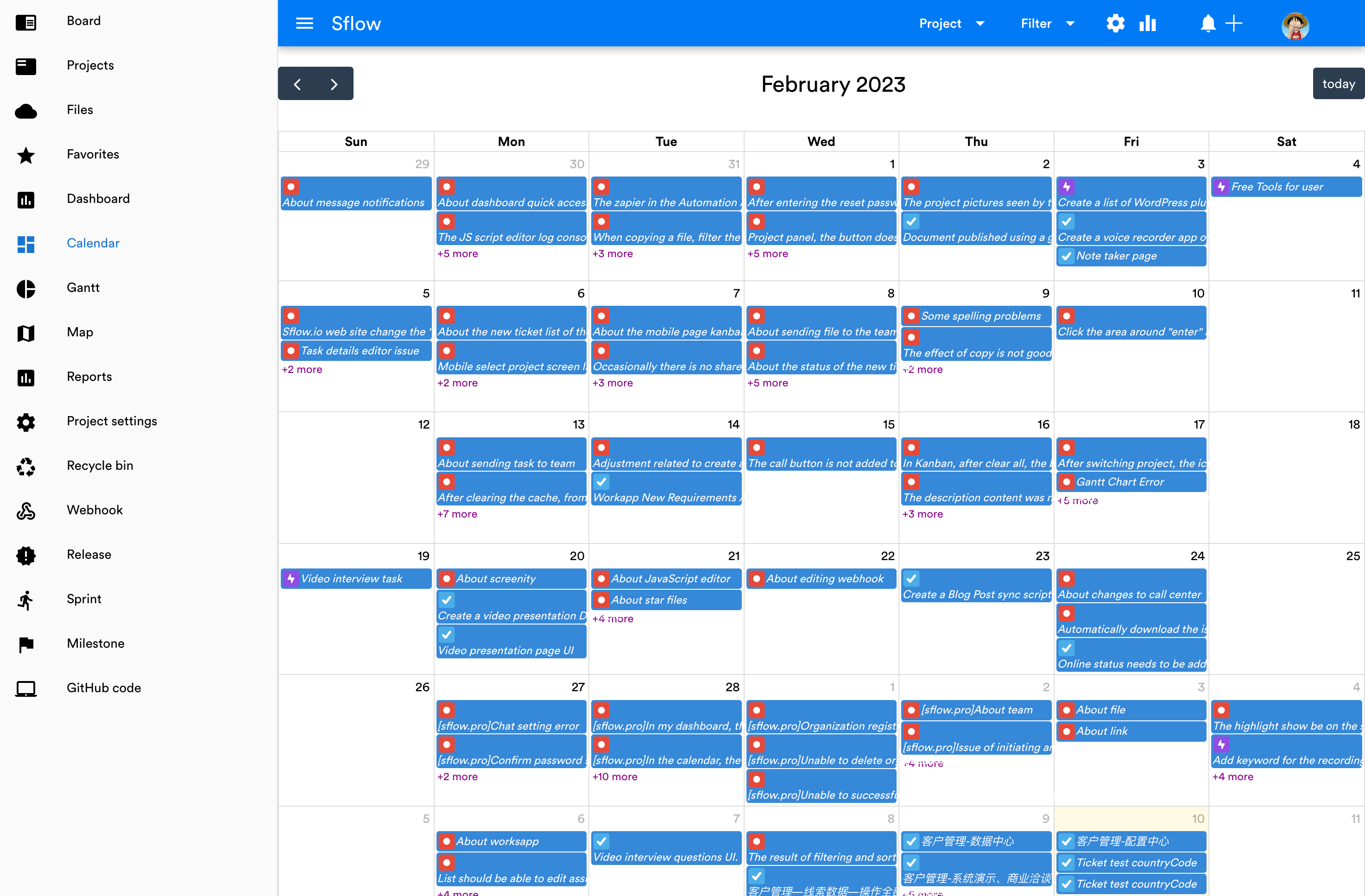
03. Calendar view
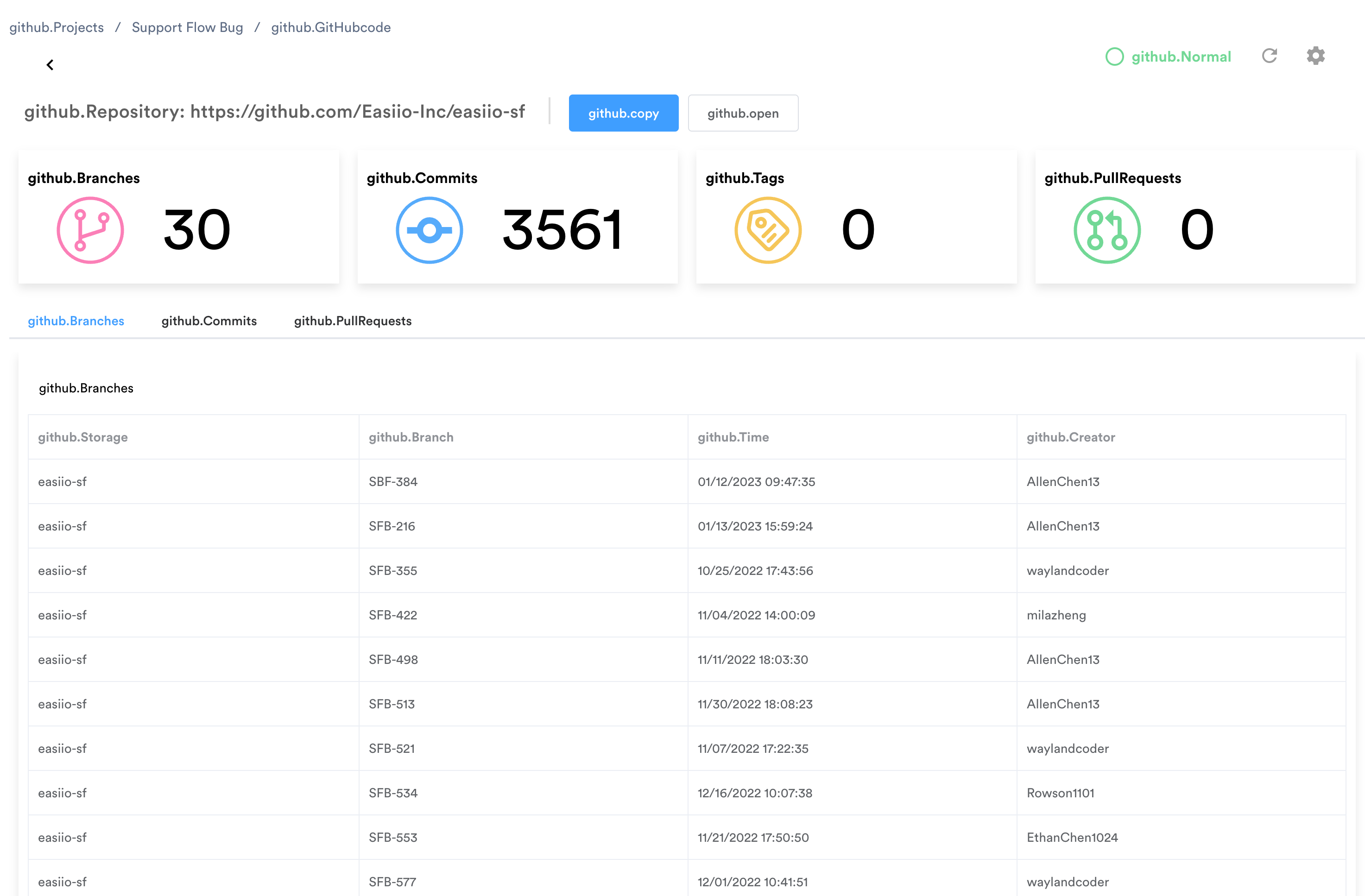
04. Github integration
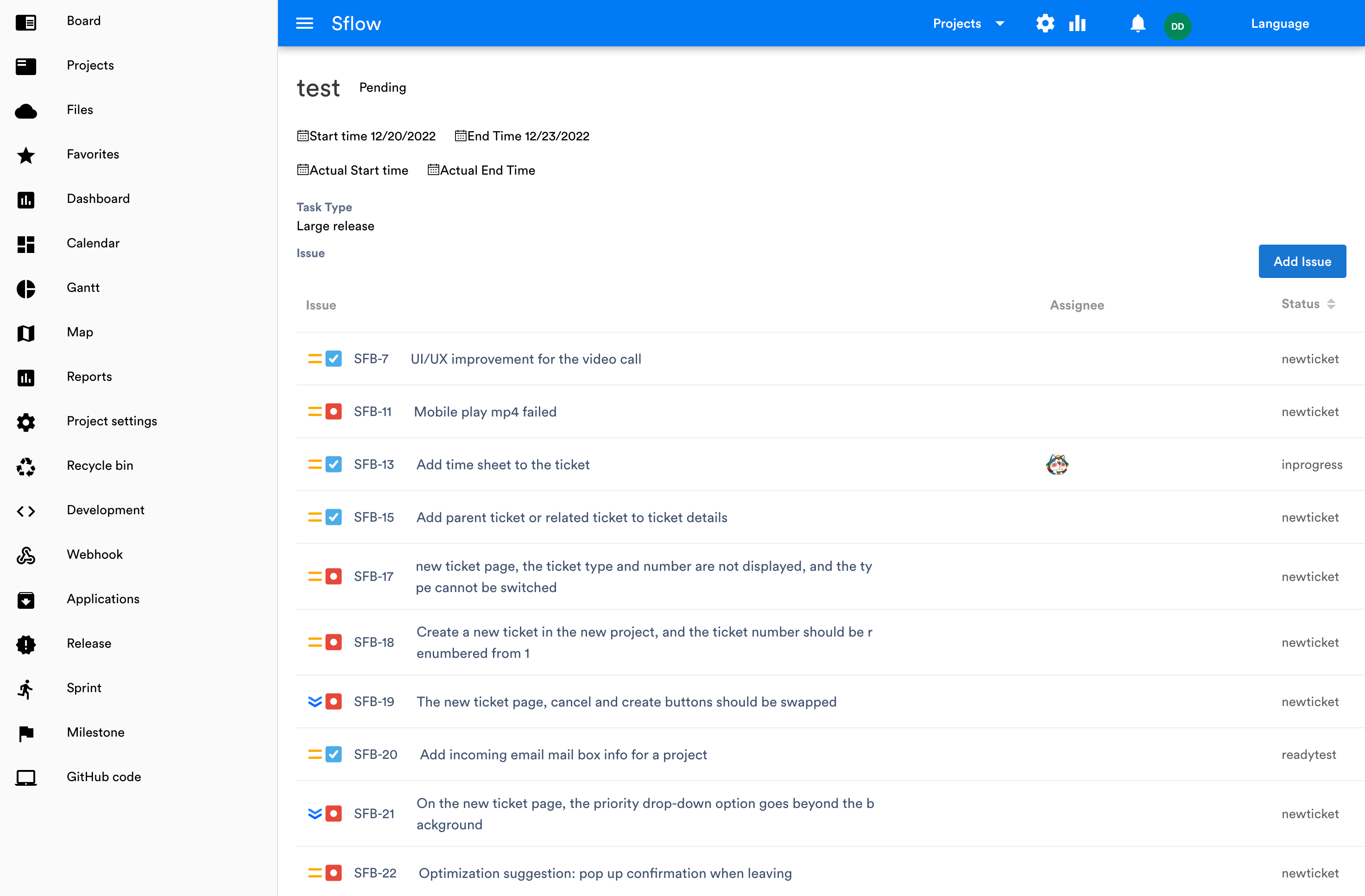
05. Sprint
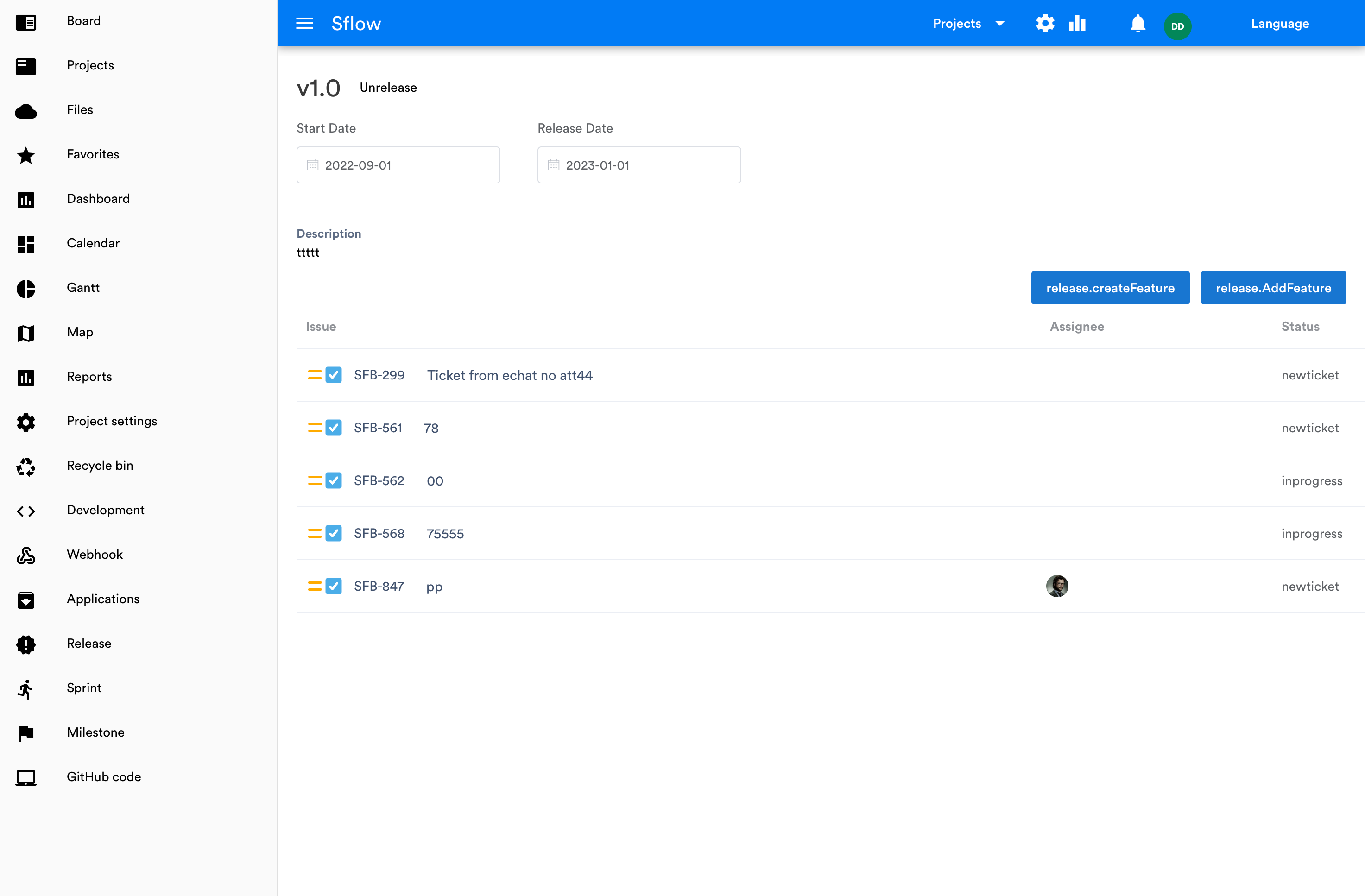
06. Release
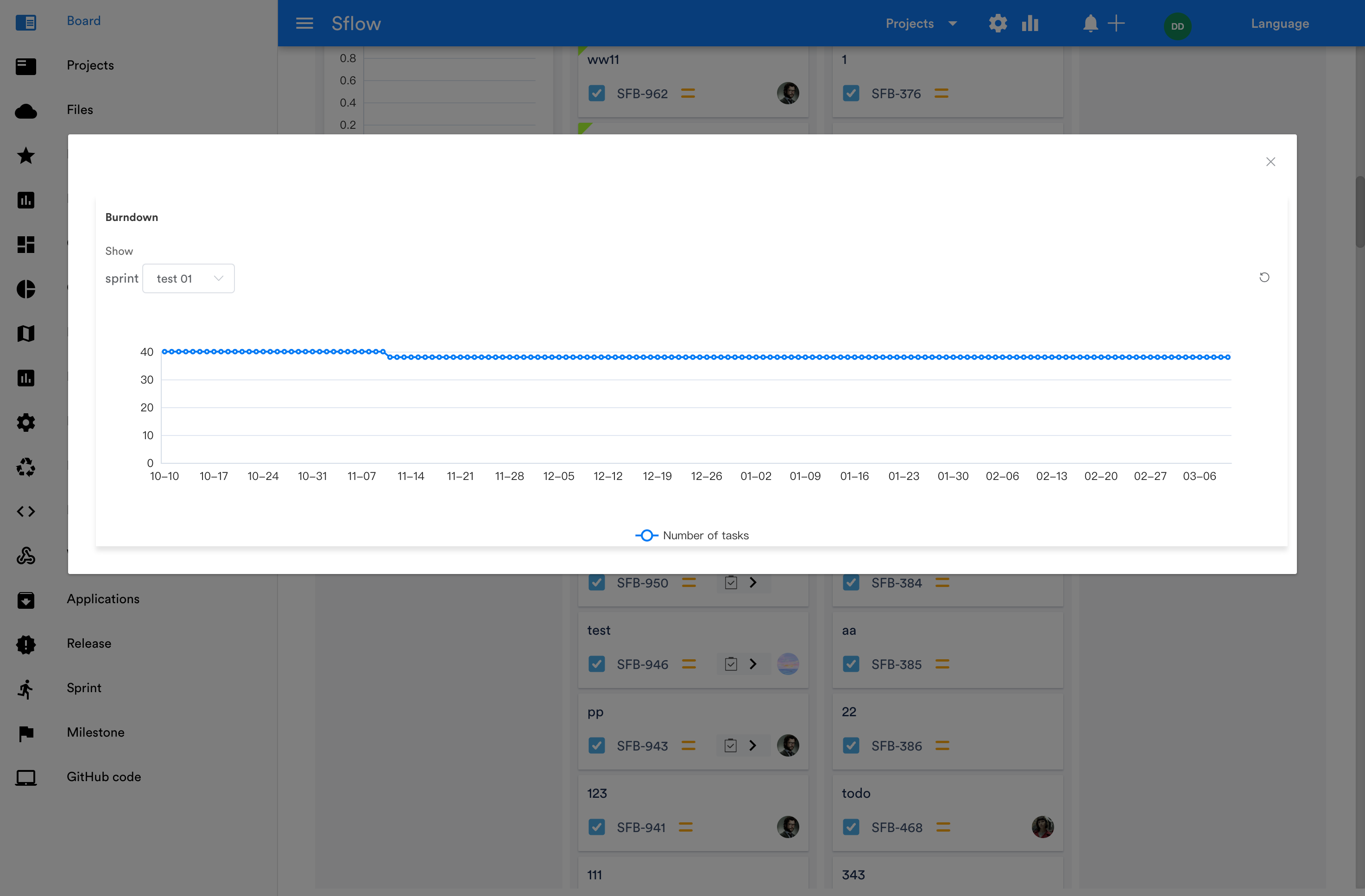
07. Burn down chart
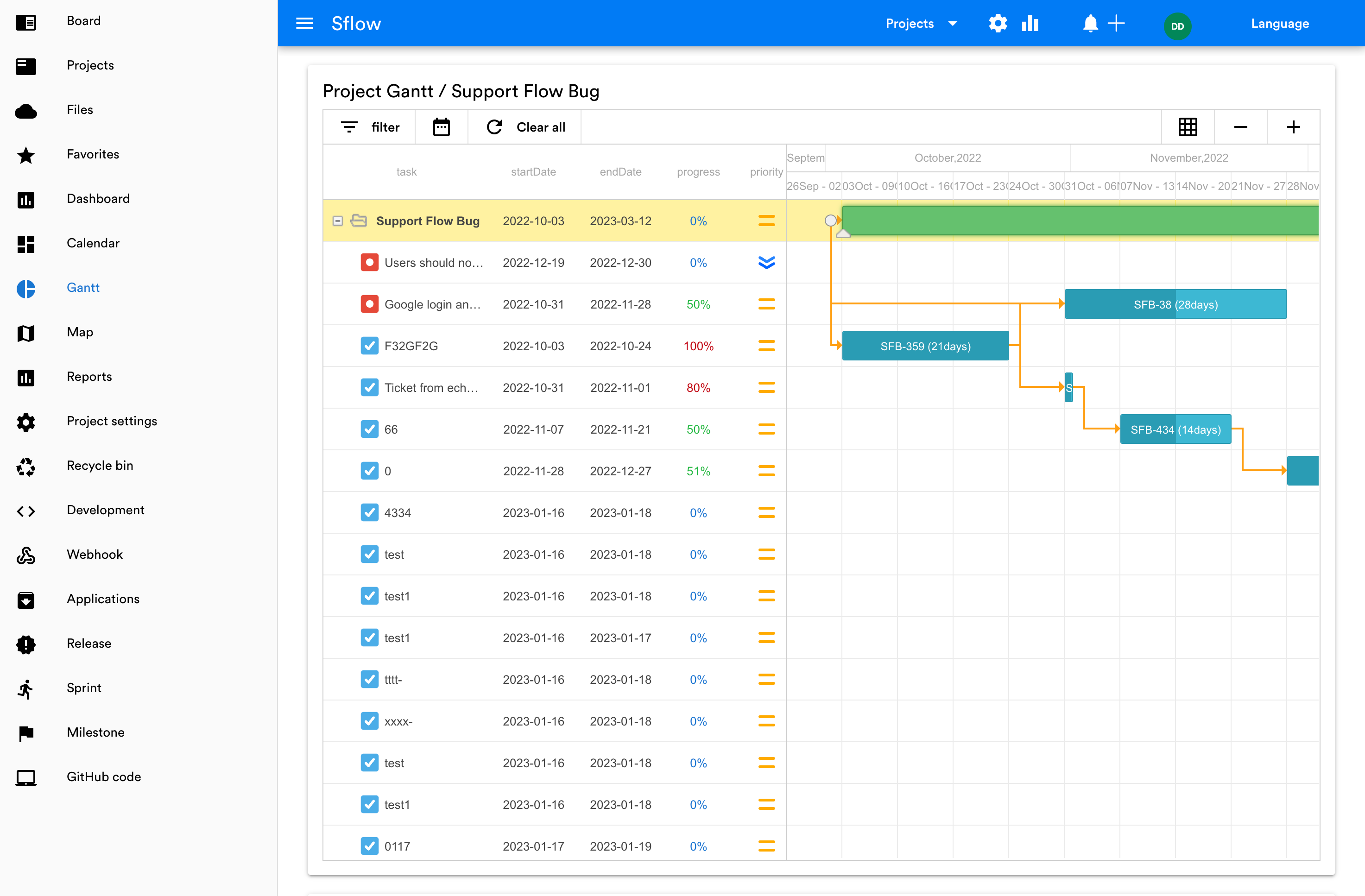
08. Gantt chart

Agile methodologies are widely used in software development for iterative progress and continuous improvement.

Agile project management helps in planning and executing marketing campaigns with flexibility and adaptability.

Agile facilitates rapid prototyping and iterative feedback in product development.

Agile methodologies ensure efficient and adaptable event planning and execution.Agile methodologies ensure efficient and adaptable event planning and execution.

Agile tools improve team communication and collaboration, leading to better project outcomes.

Agile methods allow for quick adjustments based on feedback and changing requirements.

Agile tools streamline workflows and reduce bottlenecks, enhancing overall team productivity.

Continuous testing and feedback in Agile ensure higher quality deliverables.

Agile reduces waste and focuses on delivering value, leading to cost savings.

Agile methodologies encourage regular project reviews and updates, increasing team transparency regarding project progress and goals.

InnovateTech Solutions Chief Product Officer

BrightWave MarketingCampaign Strategy Director

Precision Manufacturing Group Project Management Director
By using Your Website Name,
you agree to our Cookie Policy.